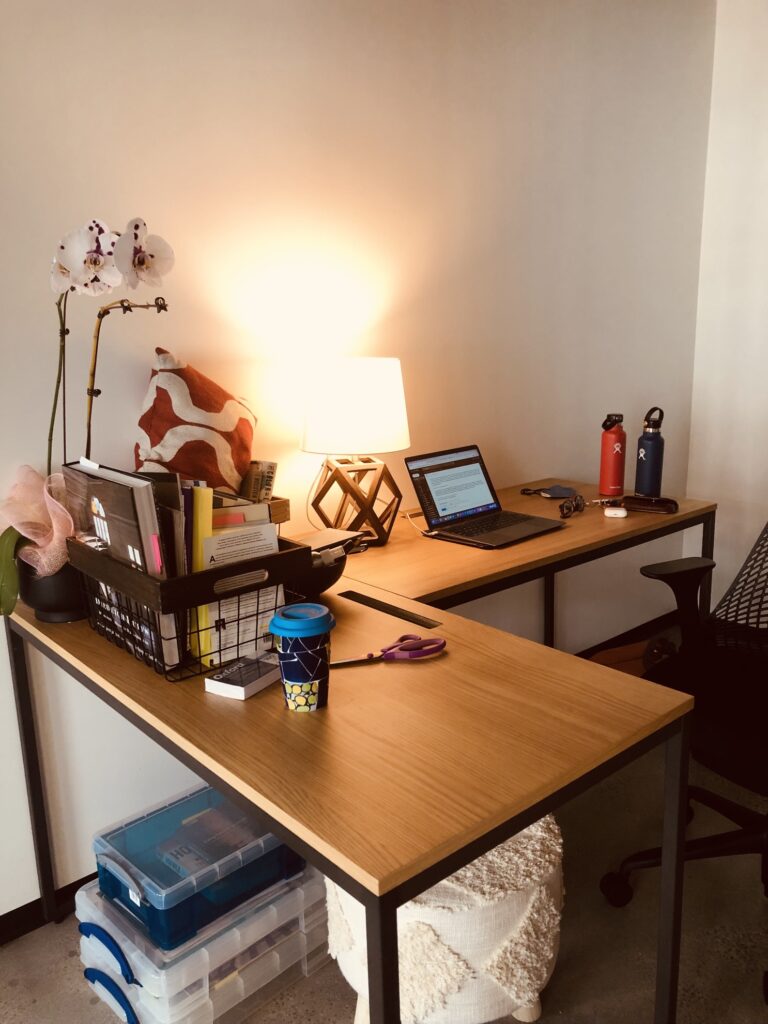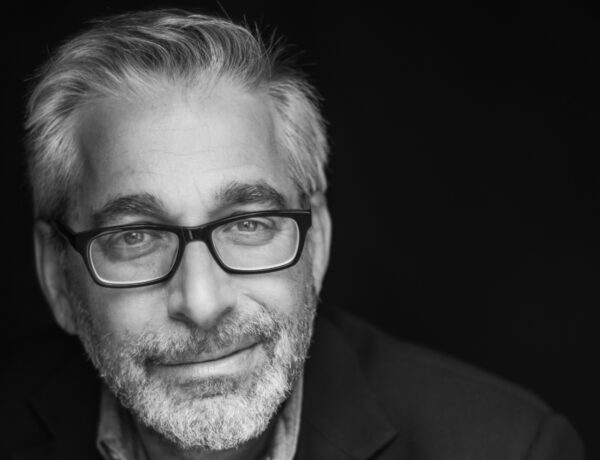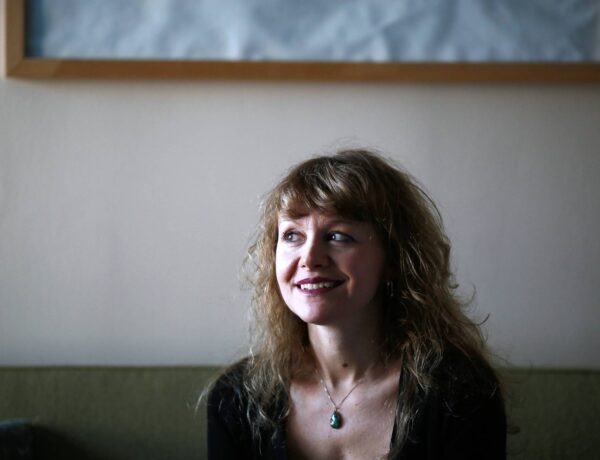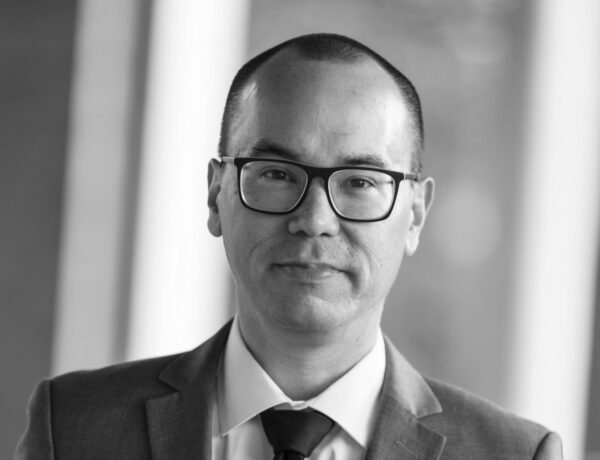Attica Locke’s latest novel Heaven, My Home (September 2019) is the sequel to Edgar Award-winning Bluebird, Bluebird.
Her third novel Pleasantville was the winner of the Harper Lee Prize for Legal Fiction and was also long-listed for the Bailey’s Prize for Women’s Fiction. The Cutting Season was the winner of the Ernest Gaines Award for Literary Excellence.
Her first novel Black Water Rising was nominated for an Edgar Award, an NAACP Image Award, as well as a Los Angeles Times Book Prize, and was short-listed for the Women’s Prize for Fiction. A former fellow at the Sundance Institute’s Feature Filmmaker’s Lab, Locke works as a screenwriter as well.
Most recently, she was a writer and producer on Netflix’s When They See Us and the also the upcoming Hulu adaptation of Little Fires Everywhere. A native of Houston, Texas, Attica lives in Los Angeles, California, with her husband and daughter.
Each week, we publish a new daily writing routine from a famous author. Subscribe to our newsletter so you don’t miss out!
Hi Attica, great to have you on Famous Writing Routines! For those who may not know, can you please tell us a little bit about yourself?
I’m a mom and a (former) Texan, a novelist, and a TV writer and producer. I’ve written five novels, won a few awards, and I’ve worked on the TV shows Little Fires Everywhere, When They See Us, and Empire. I’m the co-creator and showrunner of the upcoming limited series, From Scratch, on Netflix.
Can you talk about the major differences between writing a novel and writing for TV?
They couldn’t be more different. One is an entirely solo act—writing novels—and the other is deeply collaborative—writing for TV. They have different virtues. With novels, there is a pure, unadulterated voice that comes straight from the author’s head and heart. The reader is getting the best of that author, but also that author’s conscious or unconscious limitations as a storyteller.
With TV, a group works together, and at its best it’s like a symphony. On a show like Little Fires Everywhere, for example, we had people in the room whose life experiences were a resource for different aspects of the story. We had adoptees in the writers’ room; we had mothers; people who were in high school in the ‘90s, when the show takes place; we had an Asian writer, whose parents immigrated to the country; we had a writer who’d been to art school; and another who’d been a lawyer.
Together, we all had something to add to the story. And because a lot of the work happens by talking and debating ideas and themes, the viewer arguably gets a richer show for having all of these voices working together.
Of course, TV also has studio and network executives who have their own agendas and needs for their bosses and their platform, so almost every show gets watered down, to some extent, from the showrunner’s original vision. Most times you still end up with a better show than if one person tried to do it all by themselves.

Can you take us behind the creative process for your 2019 novel, Heaven, My Home?
When I started the Highway 59 trilogy, I knew I wanted to write about Caddo Lake. It is one of the most evocative and striking places in the world. I’d visited Caddo Lake as a young adult, and my memory of the place—what it felt like to stand among all those swampy cypress trees and Spanish moss—never left me.
So, I started by trying to teach myself everything I could about the place—its history, its culture, its ecology, the roots of its existence, and the Caddo people for which it is named. I had a setting in search of a story.
The story emerged from where and how I’d left Darren Mathews in Bluebird, Bluebird, and the state of the country during the time in which the events of the novel would take place. Trump was elected, but not yet inaugurated. It was a kind of moral “ticking clock.” Could the country be saved before he took office? The analogy that sat alongside that was the question of whether a nine-year-old boy—Levi King— could be saved.
I built the novel around the latter question and the theme of forgiveness.
For research—besides the books I read about the history of the area and the history of the Caddo people—I stayed in a cabin on Caddo Lake with my dad (I brought him along because I was too scared to stay out there by myself!). I went on a boat tour and ate in some of the restaurants that surround the lake. I also spent a few days in Jefferson.
I had to stop and start the novel a couple of times because of my work on TV, but I have learned a book will wait for you—as a reader and as a writer. It is always there, patiently waiting for you to pick it up again.
Can you take us through what a typical day in your writing life looks like?
Oh, it’s changed so much over the years with motherhood and more life obligations and balancing TV work and novels. I will describe my ideal day (which was typical day before I became a mother):
- After a tiny bite in the morning, some kind exercise—usually walking. With my first novel I walked the hills in my neighborhood and listened to music and worked through story ideas in my head.
- Shower, then eat an early lunch. And I mean EARLY. I’ve been known to eat lunch as early as 10:45. I like to get food out of the way, so I don’t have to stop working to eat.
- Write/Think/Research for three to four concentrated hours. Five is a miracle.
- Do all the other shit I’ve ignored—email, paying bills, returning calls, laundry
- Read for pleasure at night.
- Get up and do it all again.
Even now with a kid and TV obligations, I still use this as the ideal and basic spine of my day.
Do you have a target word count that you like to hit each day?
No. My goal is to just show up to work and go as long as I can. I check in with myself to see if I’m feeling good about the work, and if not, why? Am I tired? Is something else distracting me? Do I think I can push myself a little further? Sometimes the answer is no and I might do only a couple of hours of work.
Other days, I feel like I have more in me and after a break – and dinner with my family – I might return to work in the evening. But I rarely think about word count. Because my professional writing life started in Hollywood as a feature film writer, I’ve always been more obsessed with page count, rather than word count.
What are some of your must-have writing tools?
A window. I have written in my office, at a library, in bed, on my couch, and even in the car at my daughter’s sports practices when she was younger. The one constant for me is having access to natural light and some kind of a view. Even if it’s just a kids’ sports field. Even if it’s just a snatch of the sky. I really like to write with something I can look out at and daydream.
In terms of hardware, I use a computer mostly, for the actual text of the manuscript or script I’m working on and when I’m taking notes. But I also sometimes write my notes longhand when I’m ruminating on the big themes of a piece. It’s slower and dreamier than taking notes in a Word doc.
Whenever you hit a roadblock during a writing session, what are some of the methods you use to get back into the flow of things?
Music! I make a playlist for every book I write, and it’s frequently my way into the writing. But midway through, if I get stuck or just need to move some energy around, I will play songs from the playlist and sometimes go on a walk. I find music to be heart-opener, and it helps me get out of my head sometimes. I almost can’t write without it, though often, I will hit pause on a song if I’m trying to get a passage right. Sometimes silence is the break I need to get things flowing.
What does your writing workspace look like?
I no longer feel like I have a perfect designated space. I write all over my house. But lately – after three years of a pandemic – my brain feels too squished in my house. I started feeling stifled in my favorite place in the world. My home. The space had been doing double and triple duty for years as my family’s main source of entertainment and where we work and go to school. I started to feel like I was struggling to have big thoughts – to dream big – in my house. So right now I have a six-month lease at a co-working space in LA. I need a space that’s only purpose is to hold my dreams.

Before you go…
Each week, we spend hours upon hours researching and writing about famous authors and their daily writing routines. It’s a lot of work, but we do it out of our love for books and learning about these authors’ creative process, and we certainly don’t expect anything in return. However, if you’re enjoying these profiles each week, and would like to send something our way, feel free to buy us a coffee!



1 Comment
Paul Woodgate
August 26, 2022 at 00:16‘ I have learned a book will wait for you—as a reader and as a writer. It is always there, patiently waiting for you to pick it up again.’
This was a salve on writing wounds, thank you Attica. Having just studied Heaven, My Home as part of my Faber writing course, the ability to accept that there’s no need to feel guilty for not writing EVERY DAY is a much needed boost.